
Da Nang: Vietnam's Coastal Gem
Nestled along the central coast of Vietnam, Da Nang dazzles visitors with its pristine beaches, vibrant culture, and modern urban vibes. The city is a harmonious blend of natural beauty and bustling city life, making it a perfect destination for travelers seeking both relaxation and adventure. Da Nang's beaches, such as My Khe and Non Nuoc, are some of the most beautiful in the world. The soft white sands and clear blue waters offer a serene escape from the busy city streets. Water sports enthusiasts will find plenty of activities, from surfing to parasailing. The city is also home to several cultural and historical sites, like the Marble Mountains and the ancient town of Hoi An, which is just a short drive away. Visitors can explore Buddhist temples, pagodas, and caves, or take a peaceful stroll through the old streets lined with lanterns and traditional shophouses. For food lovers, Da Nang offers a culinary adventure with its street markets and local eateries. From fresh seafood to delicious street food like banh mi and pho, the flavors of Da Nang are sure to tantalize your taste buds. Whether you're lounging on the beach, exploring cultural treasures, or indulging in local cuisine, Da Nang promises an unforgettable experience for every traveler.
Local tips in Da Nang
- Visit the Marble Mountains early in the morning to avoid crowds and heat.
- Try the local seafood at the night markets for a fresh and authentic dining experience.
- Rent a motorbike to explore the city and nearby attractions at your own pace.
- Don't miss the Dragon Bridge's fire and water show on weekend evenings.
- Take a day trip to the ancient town of Hoi An, just a short drive from Da Nang.
Neighbourhoods in Da Nang
Da Nang: Vietnam's Coastal Gem
Nestled along the central coast of Vietnam, Da Nang dazzles visitors with its pristine beaches, vibrant culture, and modern urban vibes. The city is a harmonious blend of natural beauty and bustling city life, making it a perfect destination for travelers seeking both relaxation and adventure. Da Nang's beaches, such as My Khe and Non Nuoc, are some of the most beautiful in the world. The soft white sands and clear blue waters offer a serene escape from the busy city streets. Water sports enthusiasts will find plenty of activities, from surfing to parasailing. The city is also home to several cultural and historical sites, like the Marble Mountains and the ancient town of Hoi An, which is just a short drive away. Visitors can explore Buddhist temples, pagodas, and caves, or take a peaceful stroll through the old streets lined with lanterns and traditional shophouses. For food lovers, Da Nang offers a culinary adventure with its street markets and local eateries. From fresh seafood to delicious street food like banh mi and pho, the flavors of Da Nang are sure to tantalize your taste buds. Whether you're lounging on the beach, exploring cultural treasures, or indulging in local cuisine, Da Nang promises an unforgettable experience for every traveler.
When is the best time to go to Da Nang?
Iconic landmarks you can’t miss
The Marble Mountains
Discover the breathtaking beauty and spiritual heritage of The Marble Mountains in Da Nang, a must-see destination for every traveler.
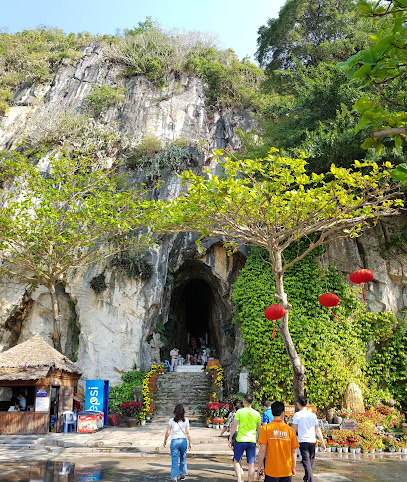
Ba Na Hills
Explore the breathtaking landscapes and architectural wonders of Ba Na Hills, a unique tourist attraction in Da Nang, Vietnam, perfect for all travelers.
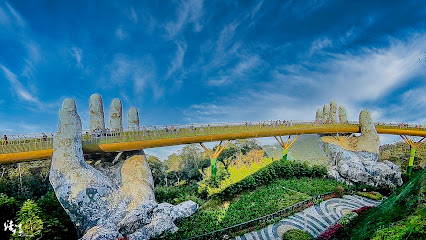
Nhà hàng Madame Lân
Experience the heart of Vietnamese cuisine at Madame Lân, where every dish tells a story of tradition and flavor in Da Nang.
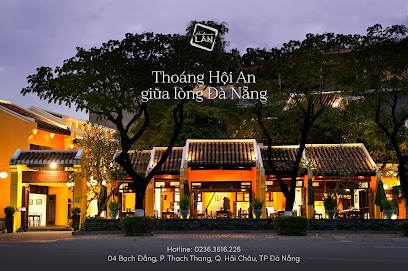
Da Nang International Airport
Explore Da Nang's stunning landscapes and rich culture from the modern Da Nang International Airport, your gateway to Vietnam's coastal paradise.
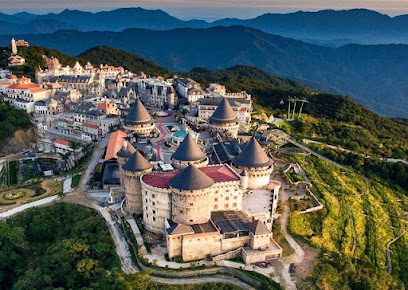
Da Nang Museum of Cham Sculpture
Explore the Da Nang Museum of Cham Sculpture, home to exquisite Cham artifacts that reveal the ancient civilization's artistic brilliance and cultural significance.
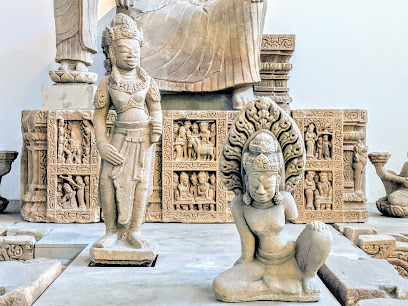
Han River Bridge
Discover the Han River Bridge, an architectural marvel in Da Nang, Vietnam, offering stunning views and a vibrant atmosphere for unforgettable experiences.
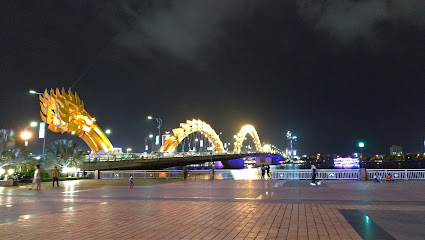
Ban Co Peak
Experience the breathtaking views and rich cultural heritage at Ban Co Peak, a must-visit tourist attraction in Da Nang, Vietnam.
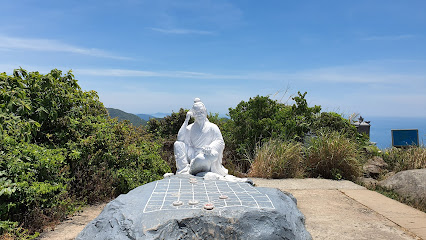
Đỉnh đèo Hải Vân
Experience the breathtaking views and rich history of Hải Vân Pass, a stunning mountain pass in Vietnam that captivates every traveler.
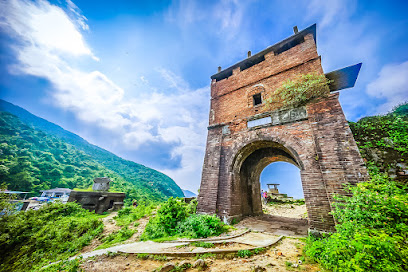
CauTinhYeu
Discover the tranquility of CauTinhYeu in Da Nang, a perfect blend of nature and culture in Vietnam's vibrant landscape.
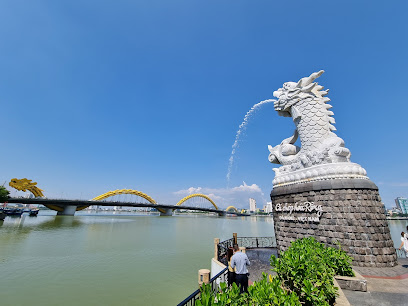
Non Nuoc Pagoda
Explore Non Nuoc Pagoda: A serene Buddhist temple in Da Nang, Vietnam, offering stunning views and rich cultural insights amidst lush landscapes.
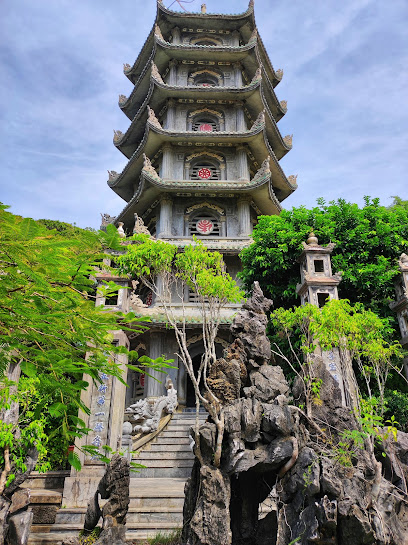
My Khe Beach
Discover the pristine shores of My Khe Beach in Vietnam, where stunning sands and vibrant culture meet for the ultimate coastal getaway.
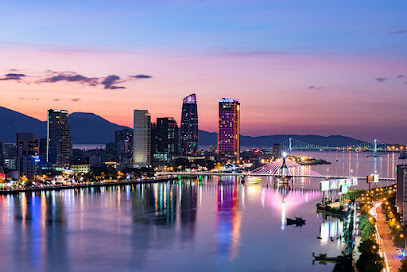
3D Museum Art in paradise Da Nang
Explore the magic of art at Da Nang's 3D Museum Art in Paradise, where every corner is a canvas of imagination and fun.
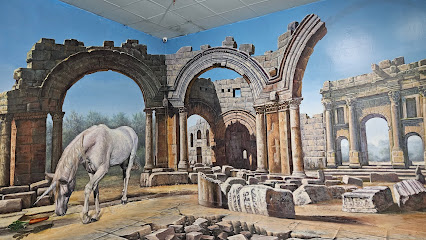
Đà Nẵng Museum
Explore the rich cultural heritage of Vietnam at Đà Nẵng Museum, where history comes alive through engaging exhibits and artifacts.
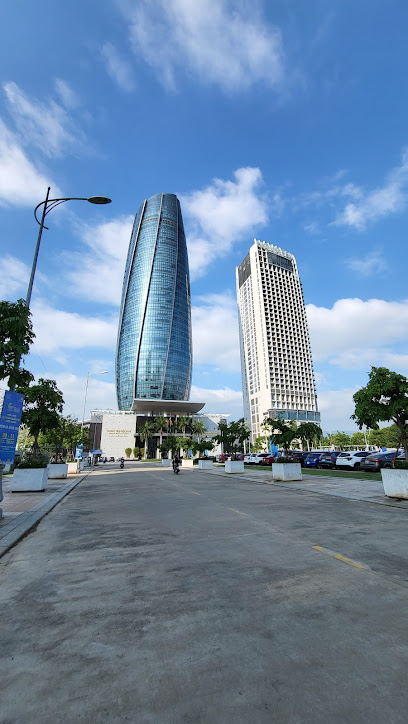
Nam Son Pagoda
Discover peace and spirituality at Nam Son Pagoda, a tranquil Buddhist temple in Da Nang, Vietnam, surrounded by lush landscapes and rich cultural heritage.
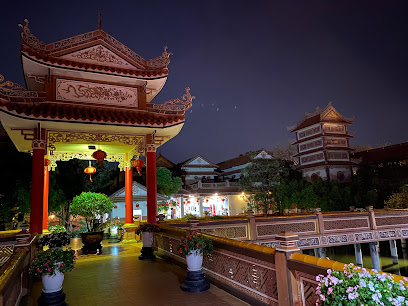
Ho Chi Minh Museum
Explore the profound history of Vietnam at the Ho Chi Minh Museum in Da Nang, where heritage and revolutionary spirit converge.
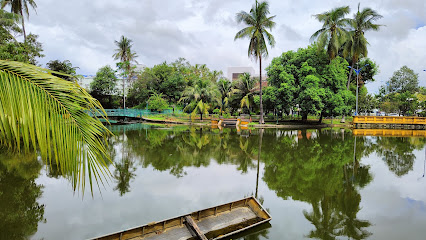
Unmissable attractions to see
Ba Na Hills SunWorld
Experience the breathtaking beauty and thrilling adventures of Ba Na Hills SunWorld, a must-visit theme park in the heart of Da Nang, Vietnam.
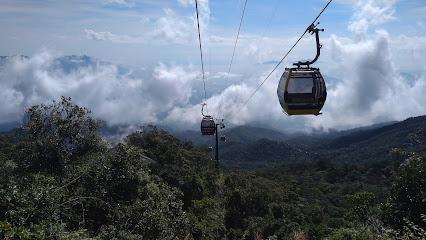
The Marble Mountains
Explore the breathtaking Marble Mountains in Da Nang, Vietnam, where nature's beauty meets rich cultural heritage in an unforgettable experience.
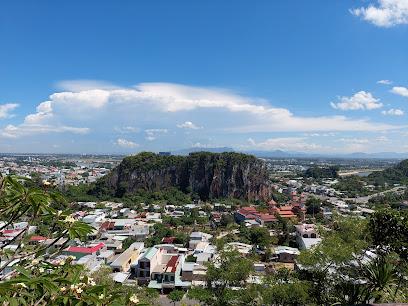
Hội An Night Market
Discover the vibrant Hoi An Night Market with its delicious street food, unique handicrafts, and rich cultural experiences in the heart of Vietnam.
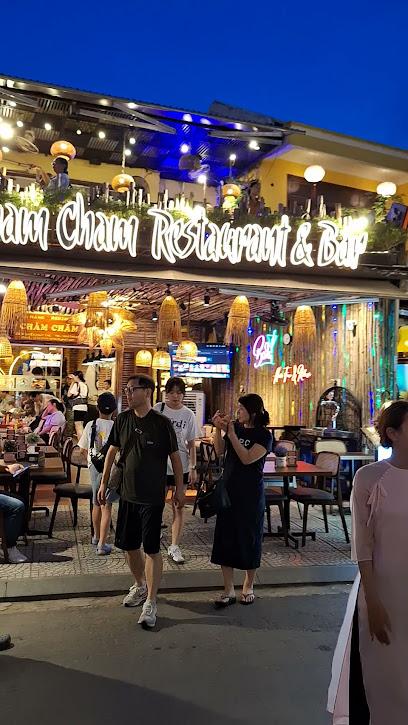
Ba Na Hills
Discover the enchanting beauty and thrilling attractions of Ba Na Hills, a must-visit tourist destination in Da Nang, Vietnam.
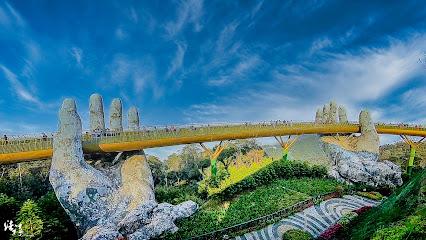
Con Market
Experience the vibrant culture and flavors of Vietnam at Con Market in Da Nang, a must-visit destination for all travelers.
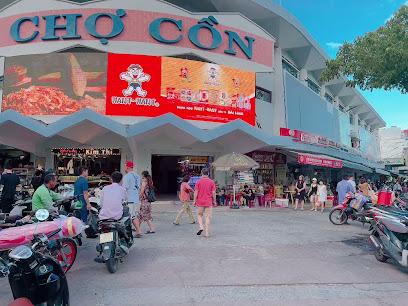
DA NANG DOWNTOWN
Experience the vibrant culture, stunning sights, and local flavors in the heart of Da Nang's Downtown area, a must-visit for every traveler.
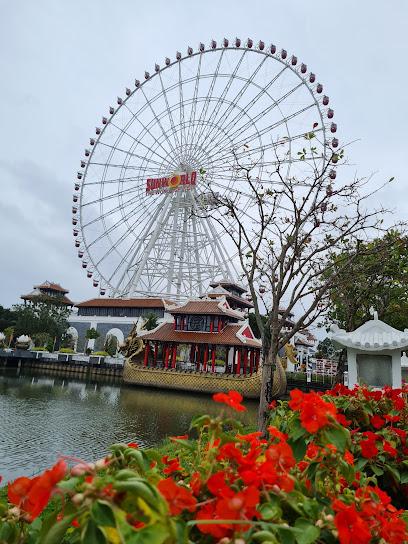
My Son
Explore My Son, a UNESCO World Heritage Site in Vietnam, showcasing ancient Champa temples and breathtaking natural landscapes.
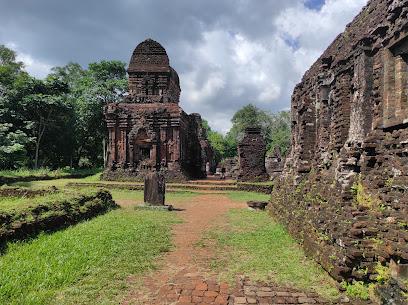
Thanh Ha Pottery Village, Hoi An
Explore the artistry of Thanh Ha Pottery Village in Hoi An, where tradition meets creativity in a picturesque Vietnamese setting.
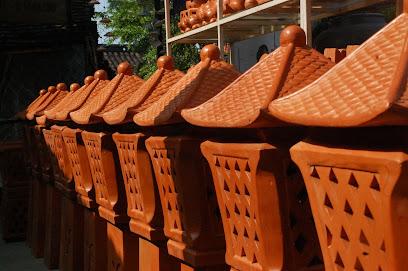
Da Nang Museum of Cham Sculpture
Discover the rich heritage of the Cham civilization at the Da Nang Museum of Cham Sculpture, where history and artistry come alive.
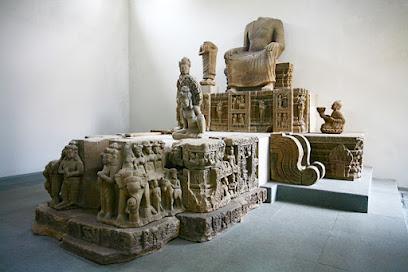
My Son Sanctuary
Explore the rich heritage of the Cham civilization at My Son Sanctuary, a UNESCO World Heritage Site in Vietnam's stunning natural landscape.
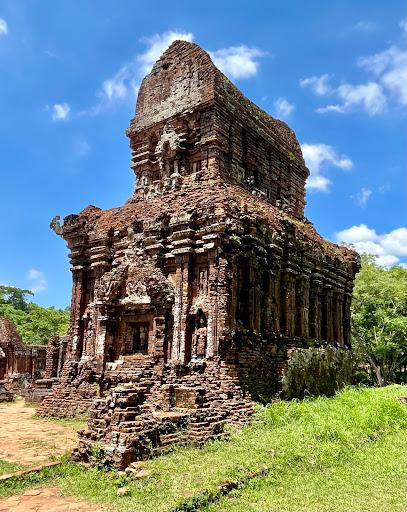
Golden Bridge
Experience the breathtaking beauty and architectural wonder of the Golden Bridge in Da Nang, Vietnam, a must-visit destination for all travelers.
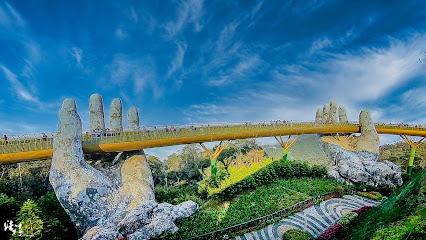
Sun Wheel
Discover breathtaking views and thrilling rides at the Sun Wheel, Da Nang's iconic ferris wheel with stunning cityscapes and vibrant landscapes.

Han River Bridge
Explore the iconic Han River Bridge in Da Nang, a breathtaking blend of modern architecture and vibrant culture, perfect for unforgettable experiences.
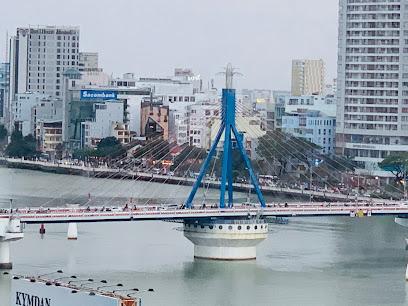
VinWonders Nam Hội An
Explore the thrilling adventures and cultural experiences at VinWonders Nam Hội An, a top theme park destination in Quảng Nam, Vietnam.
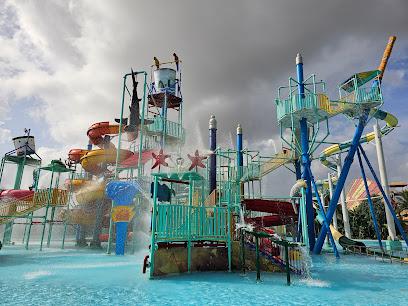
Ban Co Peak
Discover the breathtaking views and rich culture at Ban Co Peak, a must-visit tourist attraction in Da Nang, Vietnam.
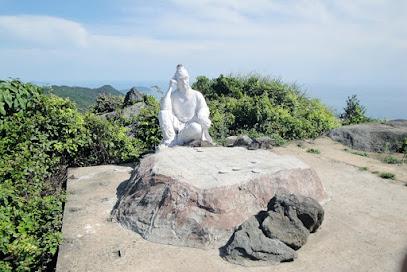
Essential places to dine
Nhà hàng Madame Lân
Discover authentic Vietnamese flavors at Madame Lân - Da Nang's premier restaurant offering a vibrant dining experience.
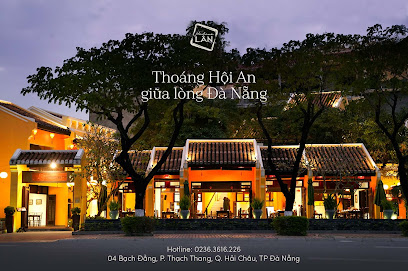
Bánh Xèo Bà Dưỡng (BADUONG PANCAKE- 반쎄오 바즈엉)
Experience authentic Vietnamese pancakes at Bánh Xèo Bà Dưỡng in Da Nang – a must-visit spot for food lovers!
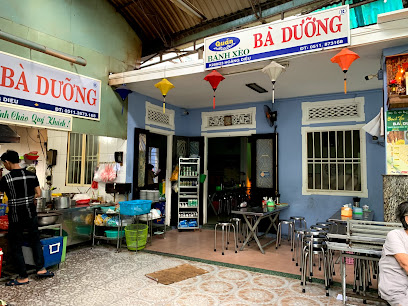
Thia Go Restaurant Da Nang
Experience authentic Vietnamese flavors at Thia Go Restaurant in Da Nang - where delicious cuisine meets warm hospitality.
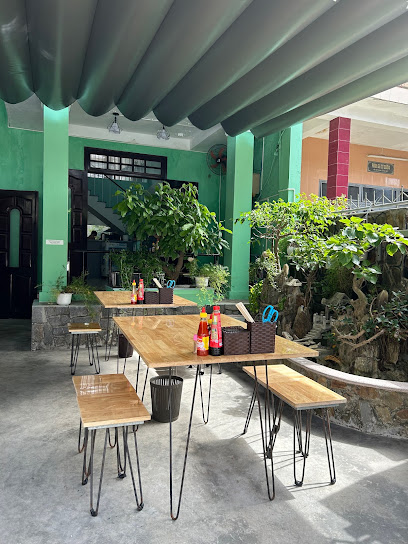
Bếp Cuốn Đà Nẵng
Experience authentic Vietnamese flavors at Bếp Cuốn Đà Nẵng – where tradition meets taste in every dish.
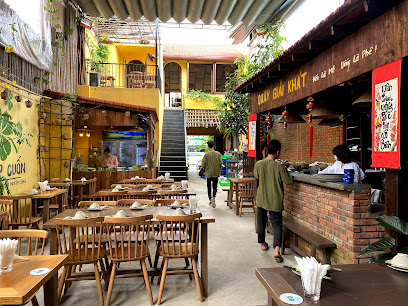
Nhà hàng NHÀ BẾP CHỢ HÀN
Discover authentic Vietnamese flavors at Nhà Bếp Chợ Hàn - a delightful dining experience in Da Nang's vibrant Hải Châu district.
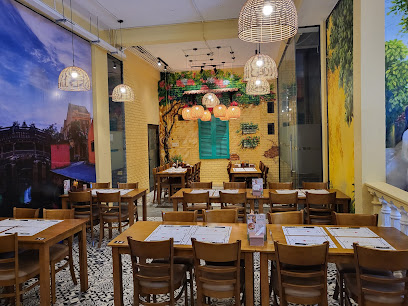
Maharaja Indian Restaurant Đà Nẵng
Experience authentic Indian cuisine at Maharaja Indian Restaurant in Đà Nẵng – where every dish tells a flavorful story.
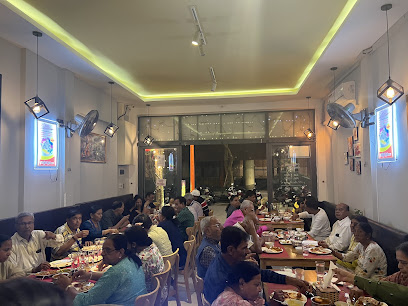
Tre Viet cuisine
Experience the best of Vietnamese cuisine at Tre Viet Cuisine in Da Nang—where authentic flavors meet warm hospitality.
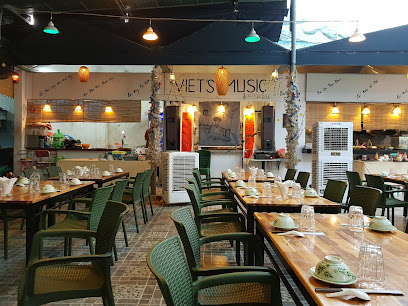
LoCo Restaurant - Danang seafood restaurant - 다낭 레스토랑
Experience the best of Da Nang's seafood and Vietnamese cuisine at LoCo Restaurant – where flavor meets tradition.
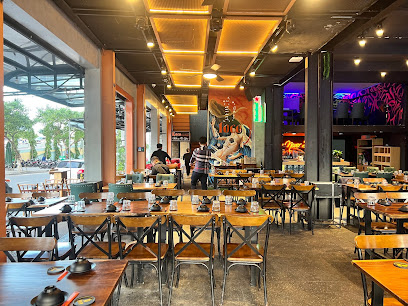
L'Italiano Restaurant Danang
Experience authentic Italian cuisine at L'Italiano Restaurant in Danang - where flavors meet tradition in a cozy atmosphere.
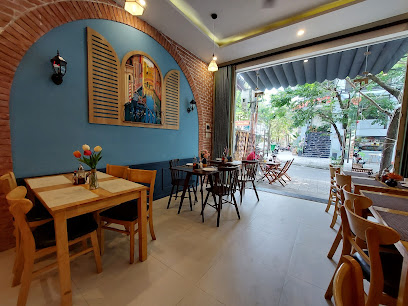
Veteran Restaurant
Experience the best of Korean BBQ in Da Nang at Veteran Restaurant, where flavor meets tradition in an inviting atmosphere.
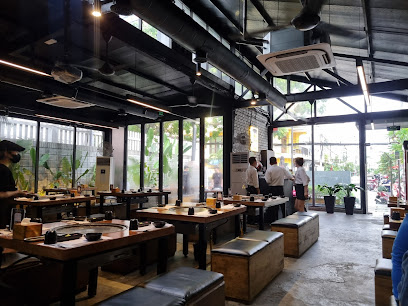
Ăn Thôi Restaurant
Discover authentic Vietnamese cuisine at Ăn Thôi Restaurant in Da Nang – where every dish tells a story.
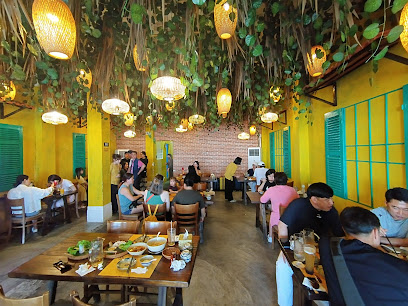
MAAZI Da Nang
Discover the vibrant flavors of India at MAAZI in Da Nang - where authentic cuisine meets warm hospitality.
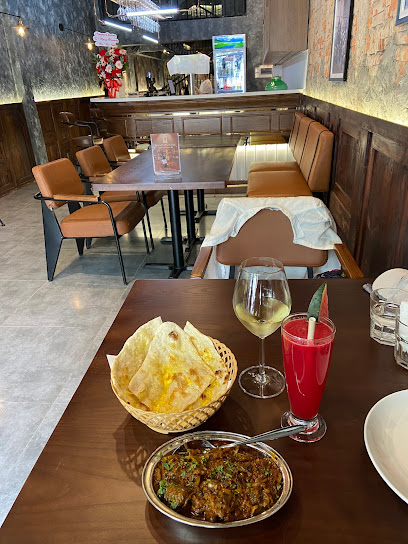
Miss NHI
Experience authentic Vietnamese flavors at Miss NHI, Da Nang's cherished restaurant known for its delightful dishes and welcoming atmosphere.
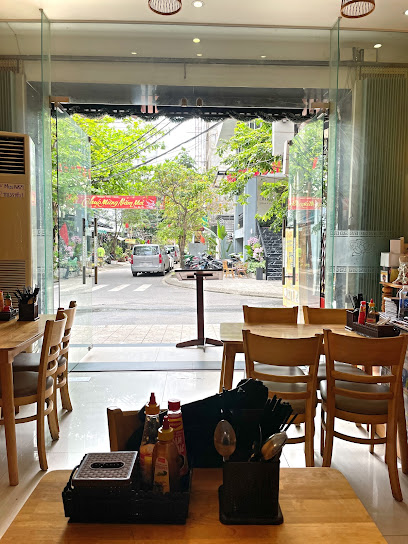
Luna Pub - Italian Restaurant, Beer & Cocktail Bar
Experience the best of Italy in Da Nang at Luna Pub - where delicious food meets lively entertainment.
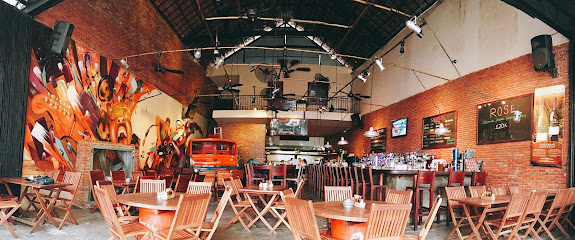
Hue Ngon Restaurant
Experience authentic Vietnamese barbecue and hot pot at Hue Ngon Restaurant in Da Nang - where tradition meets flavor.
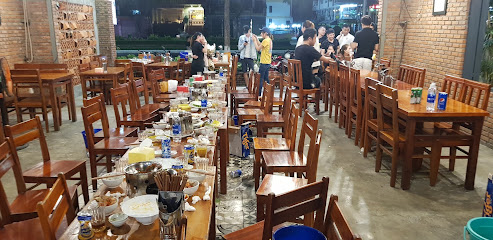
Markets, malls and hidden boutiques
Lotte Mart Supermarket
Experience the vibrant shopping culture at Lotte Mart Supermarket in Da Nang, where local flavors and modern retail meet.

Vincom Plaza Da Nang
Explore Vincom Plaza Da Nang, a vibrant hypermarket filled with local and international brands, dining delights, and a lively shopping atmosphere.
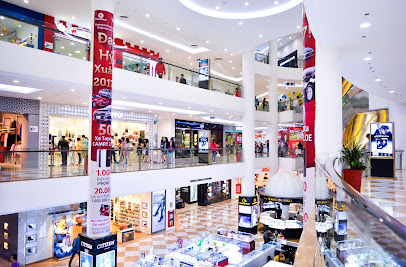
Indochina Mall
Explore Indochina Mall - a vibrant shopping haven in Da Nang with high-end boutiques, local crafts, and scenic river views.

Fandy Store
Explore Fandy Store in Da Nang for top-quality running gear and a vibrant community spirit that inspires runners of all levels.
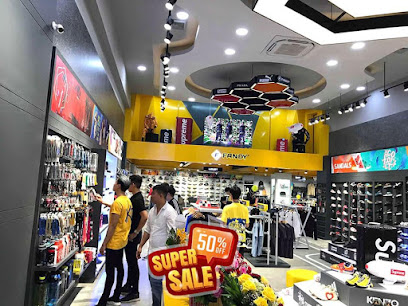
Outstanda Handcraft - Local Handmade Gift Shop
Explore Outstanda Handcraft in Da Nang for unique handmade gifts, authentic souvenirs, and a taste of Vietnamese craftsmanship.
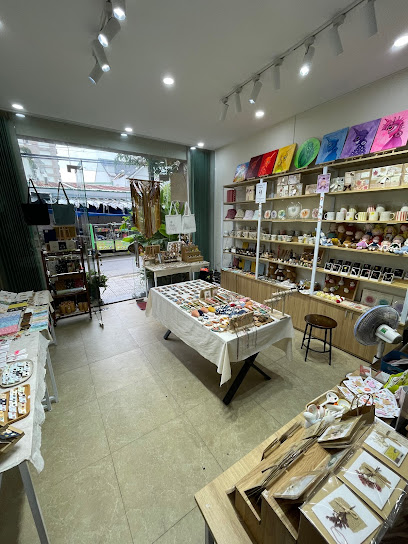
L STORE
Explore L STORE in Da Nang for a unique blend of local craftsmanship and contemporary shopping delights, capturing the essence of Vietnamese culture.
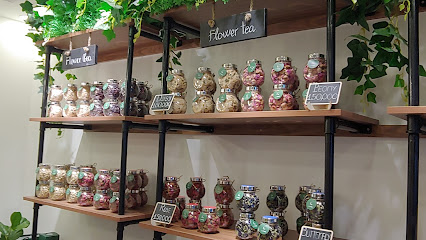
Mây Tre Minh Toàn-Khay Gỗ Decor Trang Trí-Thi Công Công Trình Tre - 선물 가게 - ギフトショップ - 禮品店 - boutique de souvenirs
Explore authentic Vietnamese craftsmanship at Mây Tre Minh Toàn, your go-to gift shop in the heart of Da Nang.
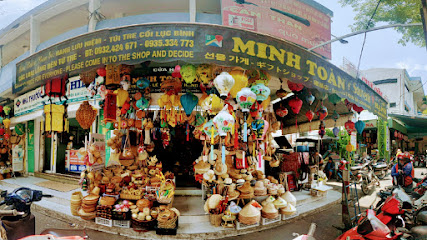
Hoa Ly Shop
Explore the vibrant treasures of Vietnam at Hoa Ly Shop, your go-to destination for authentic souvenirs that celebrate local craftsmanship.
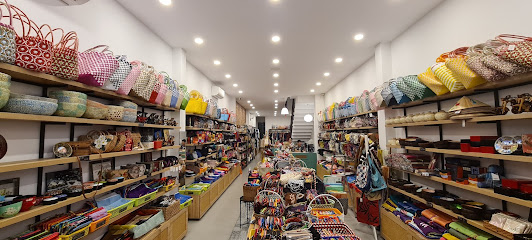
Hantou Souvenirs Shop 기념품 民芸品店
Explore Hantou Souvenirs Shop in Da Nang for authentic Vietnamese crafts and unique souvenirs that capture the spirit of Vietnam.
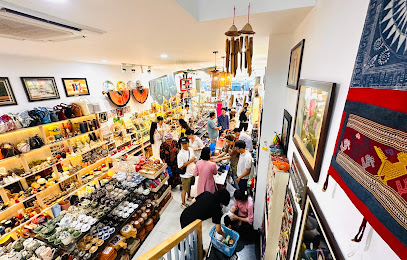
베리굿 Vietnam Real Goods 베트남 특산물판매점
Explore 베리굿 Vietnam Real Goods for authentic Vietnamese specialties, unique gifts, and a taste of local culture in Da Nang.
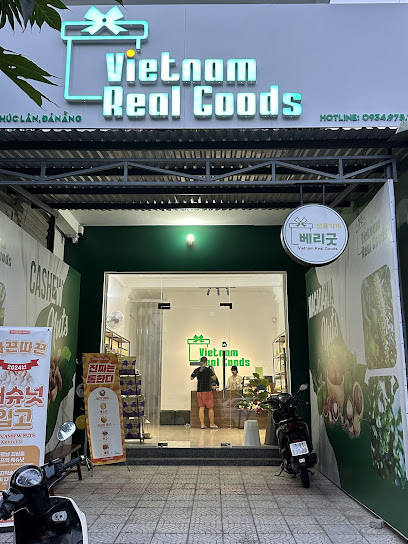
BOOSTORE
Explore BOOSTORE in Da Nang for unique secondhand clothing and a sustainable shopping experience that connects you to local culture.
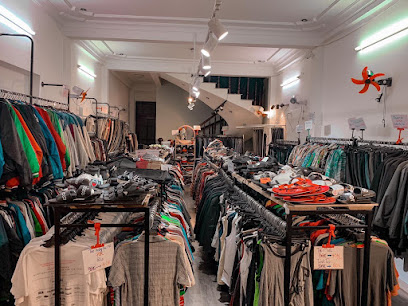
Cỏ May Coffee & Souvenir Shop
Discover authentic Vietnamese souvenirs and enjoy local coffee at Cỏ May Coffee & Souvenir Shop in Da Nang.
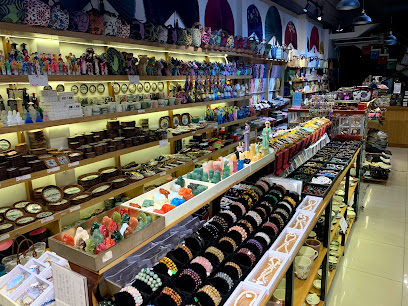
Moss Đà Nẵng - Phụ kiện Quà tặng
Discover unique gifts and local treasures at Moss Đà Nẵng, your one-stop shop for fashion, cosmetics, and home goods.
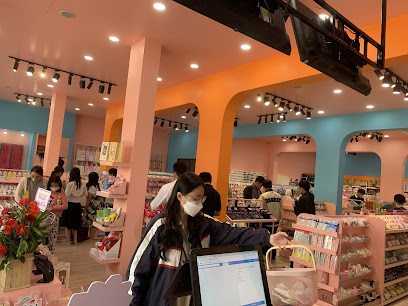
Central Market
Discover the heart of Da Nang at Central Market, where local crafts and culinary delights come together in a vibrant shopping experience.
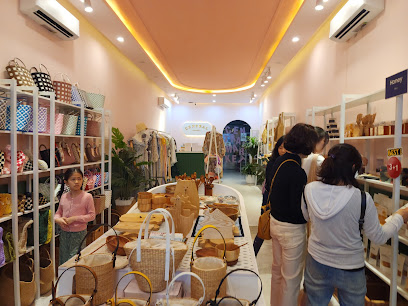
Đồng Phục ANDY
Experience the finest in custom tailoring and fashionable uniforms at Đồng Phục ANDY, Da Nang's premier destination for bespoke fashion.

Essential bars & hidden hideouts
On The Radio Bar
Experience the vibrant nightlife of Da Nang at On The Radio Bar, where live music and crafted cocktails meet in a lively atmosphere.
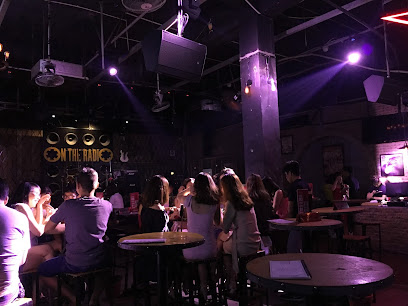
Hair Of The Dog Bar Danang
Discover the electrifying nightlife at Hair Of The Dog Bar Danang, where expertly crafted cocktails and vibrant energy await every night.

New Golden Pine Pub
Discover New Golden Pine Pub, a lively bar in Da Nang offering vibrant nightlife, live music, and a wide selection of drinks for an unforgettable experience.
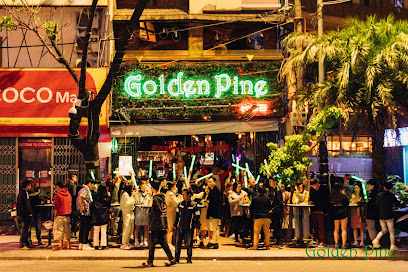
Bamboo 2 Bar
Experience the vibrant atmosphere of Bamboo 2 Bar in Da Nang for sports, cocktails, and delicious food, perfect for a fun night out in Vietnam.
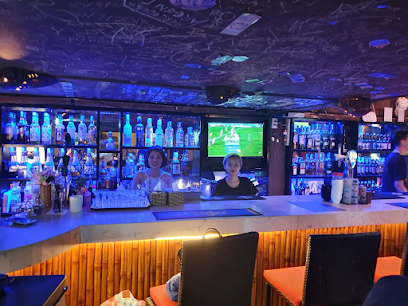
Sky 21 Bar & Bistro
Experience breathtaking views and vibrant nightlife at Sky 21 Bar & Bistro, the ultimate rooftop destination in Da Nang.
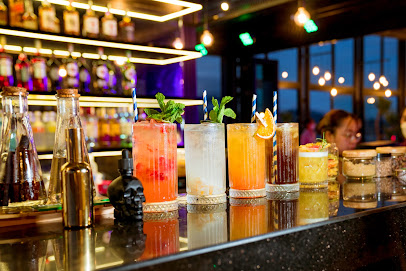
The 1920's Lounge
The 1920's Lounge in Da Nang: A unique live music bar offering vibrant nights filled with cocktails and local performances.
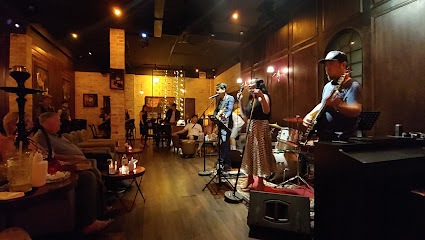
Section 30 - Craft Beer & Cocktail Pub
Discover the vibrant atmosphere of Section 30, Da Nang's premier pub for craft beer and cocktails, perfect for socializing and relaxation.
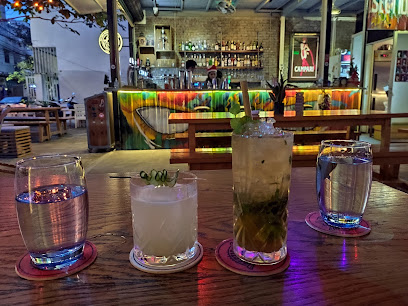
Tê Bar
Experience the vibrant nightlife of Da Nang at Tê Bar, where masterfully crafted cocktails meet stunning city views.
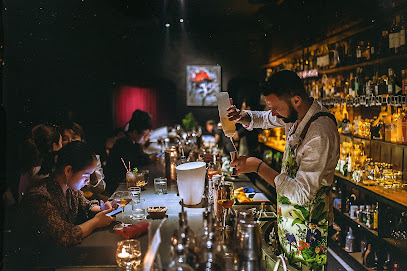
Karma Lounge Da Nang
Dive into the nightlife of Da Nang at Karma Lounge, where exceptional cocktails and live music create unforgettable evenings.
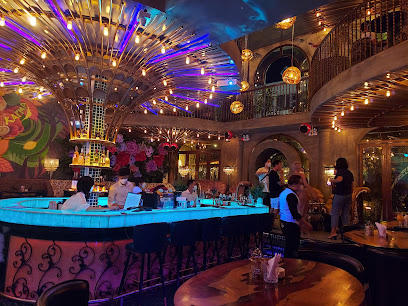
The Craftsman Cocktail Bar
Experience the art of mixology at The Craftsman Cocktail Bar in Da Nang, a stylish destination for handcrafted cocktails and vibrant nightlife.
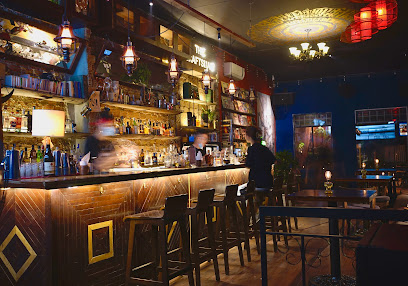
Brilliant Top Bar
Experience breathtaking views and exquisite cocktails at Da Nang's Brilliant Top Bar, the ultimate destination for a vibrant night out.
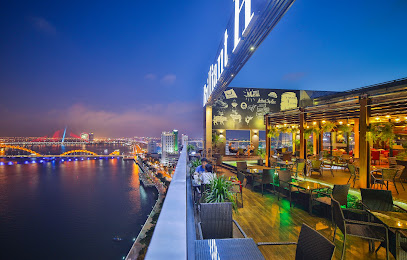
Le Funky Donkey - French Bar
Discover Le Funky Donkey, a vibrant French bar in Da Nang offering exquisite wines and a lively atmosphere for unforgettable nights out.
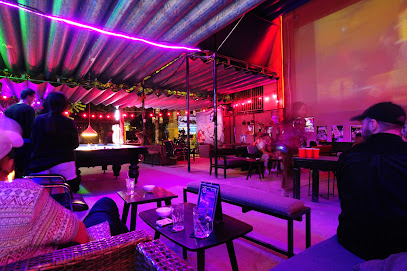
The Dude Bar
Discover the laid-back vibe of The Dude Bar in Da Nang, where stunning river views and refreshing drinks create perfect evenings.
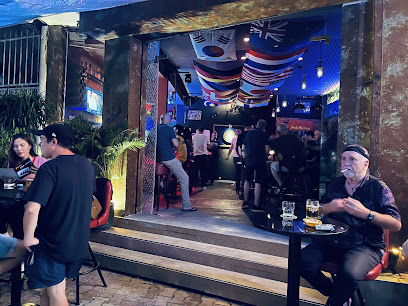
LIBRE Bar DaNang
Discover the vibrant nightlife at LIBRE Bar DaNang, where unique cocktails and a lively atmosphere await you in the heart of Vietnam.
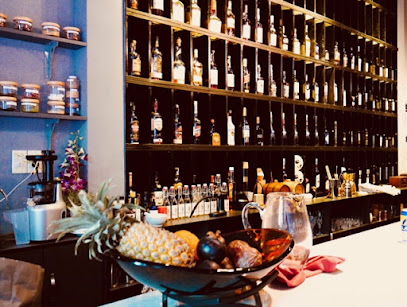
Travel experiences inspired by this city
Explore more travel diariesLocal Phrases
-
- HelloXin chào
[sin chow] - GoodbyeTạm biệt
[tam byet] - YesCó
[koh] - NoKhông
[kohng] - Please/You're welcomeXin vui lòng
[sin vooi long] - Thank youCảm ơn
[kam uhn] - Excuse me/SorryXin lỗi
[sin loy] - How are you?Bạn khỏe không?
[buhn kweh kohng] - Fine. And you?Khỏe. Còn bạn?
[kweh. kohng buhn] - Do you speak English?Bạn có nói tiếng Anh không?
[buhn koh noy tyeng ahng kohng] - I don't understandTôi không hiểu
[toy kohng hyeu]
- HelloXin chào
-
- I'd like to see the menu, pleaseTôi muốn xem menu, xin vui lòng
[toy muhn sem menu, sin vooi long] - I don't eat meatTôi không ăn thịt
[toy kohng an tit] - Cheers!Chúc sức khỏe!
[chuhk sook kweh] - I would like to pay, pleaseTôi muốn thanh toán, xin vui lòng
[toy muhn thanh toan, sin vooi long]
- I'd like to see the menu, pleaseTôi muốn xem menu, xin vui lòng
-
- Help!Giúp!
[yoop] - Go away!Đi đi!
[dee dee] - Call the Police!Gọi cảnh sát!
[goy kahng saht] - Call a doctor!Gọi bác sĩ!
[goy bahk see] - I'm lostTôi lạc đường
[toy lahk doong] - I'm illTôi ốm
[toy ohm]
- Help!Giúp!
-
- I'd like to buy...Tôi muốn mua...
[toy muhn mooa...] - I'm just lookingTôi chỉ xem thôi
[toy chee sem thoy] - How much is it?Bao nhiêu tiền?
[bahow nyeu tyen] - That's too expensiveĐắt quá
[daht kwah] - Can you lower the price?Bạn có thể giảm giá không?
[buhn koh thee ziam zah kohng]
- I'd like to buy...Tôi muốn mua...
-
- What time is it?Bây giờ mấy giờ?
[bahy zoh may zoh] - It's one o'clockMột giờ rồi
[moot zoh roy] - Half past (10)Mười giờ nửa
[mooee zoh noo-a] - MorningBuổi sáng
[bwowee sahng] - AfternoonBuổi chiều
[bwowee chee-oo] - EveningBuổi tối
[bwowee toy] - YesterdayHôm qua
[hohm kwah] - TodayHôm nay
[hohm nigh] - TomorrowNgày mai
[nyai my] - 1Một
[moot] - 2Hai
[high] - 3Ba
[bah] - 4Bốn
[bohn] - 5Năm
[nahm] - 6Sáu
[sow] - 7Bảy
[bahy] - 8Tám
[tahm] - 9Chín
[cheen] - 10Mười
[mooee]
- What time is it?Bây giờ mấy giờ?
-
- Where's a/the...?Chỗ...ở đâu?
[cho...uh doh] - What's the address?Địa chỉ là gì?
[dia chee la zee] - Can you show me (on the map)?Bạn có thể chỉ cho tôi (trên bản đồ) không?
[buhn koh thee chee cho toy (trern ban doh) kohng] - When's the next (bus)?Khi nào có chuyến xe buýt tiếp theo?
[khee now koh chuyen se bwit tyep theo] - A ticket (to ....)Một vé (đi ...)
[moot veh (dee ...)]
- Where's a/the...?Chỗ...ở đâu?
History of Da Nang
-
Da Nang's history stretches back to the ancient Champa Kingdom, which flourished between the 2nd and 15th centuries. The Cham people, known for their maritime prowess and Hindu-Buddhist culture, established My Son Sanctuary, a complex of Hindu temples, which is now a UNESCO World Heritage site located near Da Nang.
-
In the early 14th century, the Nguyen lords began to take control over the Central Vietnam region, including Da Nang. This period saw the integration of Da Nang into the greater Vietnamese cultural and political sphere, influencing the city’s development and architecture.
-
Da Nang became a significant port under French colonial rule in the mid-19th century. Known then as Tourane, the city was a crucial hub for trade and military operations. The French influence is evident in various colonial buildings that still stand today.
-
During World War II, Da Nang was occupied by Japanese forces from 1940 until 1945. The city played a strategic role due to its port facilities and airfields, which were vital for military logistics in the region.
-
Following World War II, Da Nang became a battleground during the First Indochina War between the Viet Minh and French forces. The city’s strategic importance made it a focal point for both sides, leading to significant military engagements.
-
Da Nang was a major base for American and South Vietnamese forces during the Vietnam War. The Battle of Da Nang in 1965 marked one of the first major engagements of the war, and the city continued to be a strategic military base throughout the conflict.
-
After the Vietnam War ended in 1975, Da Nang underwent extensive reconstruction and redevelopment. The city's infrastructure was rebuilt, and efforts were made to restore cultural and historical sites damaged during the war.
-
In recent decades, Da Nang has emerged as one of Vietnam’s most dynamic cities. With significant investments in infrastructure, tourism, and technology, Da Nang has transformed into a modern urban center while still preserving its rich historical heritage.
Da Nang Essentials
-
Da Nang is serviced by Da Nang International Airport (DAD), which is located just a few kilometers from the city center. The airport has regular flights from major cities in Vietnam such as Hanoi and Ho Chi Minh City, as well as international flights from destinations like Singapore, Bangkok, and Seoul. Alternatively, Da Nang can be reached by train from Hanoi or Ho Chi Minh City, with the train station located conveniently in the city. Buses also operate from various parts of Vietnam, connecting Da Nang to other major cities.
-
Within Da Nang, transportation options include taxis, motorbike taxis (xe om), and ride-hailing services like Grab. The city also has a public bus system that connects most parts of Da Nang, though it can be challenging for non-Vietnamese speakers to navigate. Renting a motorbike is a popular option for tourists, offering more freedom to explore. Bicycles can also be rented for a leisurely way to see the city. For short distances, walking is a viable option as many attractions are conveniently located.
-
The official currency in Vietnam is the Vietnamese Dong (VND). Credit cards are accepted in most hotels, restaurants, and larger shops, but it's advisable to carry cash for smaller transactions and at local markets. ATMs are widely available throughout Da Nang, and currency exchange services can be found at the airport and in the city center. It's a good idea to have some small denominations for convenience.
-
Da Nang is generally considered a safe city for tourists. However, like any urban area, it's important to stay vigilant. Avoid leaving belongings unattended and be cautious in crowded places to prevent pickpocketing. Areas along the Han River and the beach are generally safe, but be aware of your surroundings at night. Some neighborhoods on the outskirts of the city may have higher crime rates, so it's best to stick to well-known areas.
-
In case of emergency, dial 113 for police, 114 for fire, and 115 for medical emergencies. Da Nang has several hospitals and clinics that offer medical assistance, including Da Nang Hospital and Family Medical Practice. It's recommended to have travel insurance that covers medical emergencies. Pharmacies are widely available for minor health issues, and many pharmacists speak basic English.
-
Fashion: Do dress modestly, especially when visiting religious sites. Avoid wearing revealing clothing. Religion: Do respect local customs and traditions. Remove your shoes when entering temples and pagodas. Public Transport: Do be respectful and give up your seat to elderly passengers. Don’t eat or drink on public transport. Greetings: Do greet people with a smile and a slight bow. Avoid touching someone's head as it is considered disrespectful. Eating & Drinking: Do try local food and accept food offerings graciously. Don't leave chopsticks sticking upright in a bowl of rice as it resembles incense sticks used in funerals.
-
To experience Da Nang like a local, visit the Han Market and Con Market for fresh produce and local goods. Engage with locals, who are usually friendly and willing to share their culture. Don't miss the Dragon Bridge's weekend fire and water show. For a unique experience, visit the Marble Mountains and explore the caves and pagodas. Enjoy a sunrise at My Khe Beach and indulge in local cuisine at street food stalls.
Trending Landmark in Da Nang
Nearby Cities to Da Nang
-
Things To Do in Hoi An
-
Things To Do in Tam Ky
-
Things To Do in Hue
-
Things To Do in Quy Nhon
-
Things To Do in Pakse
-
Things To Do in Champasak
-
Things To Do in Ubon Ratchathani
-
Things To Do in Savannakhet
-
Things To Do in Buon Ma Thuot
-
Things To Do in Thakhek
-
Things To Do in Nha Trang
-
Things To Do in Dalat
-
Things To Do in Kratie
-
Things To Do in Siem Reap
-
Things To Do in Ha Long


























